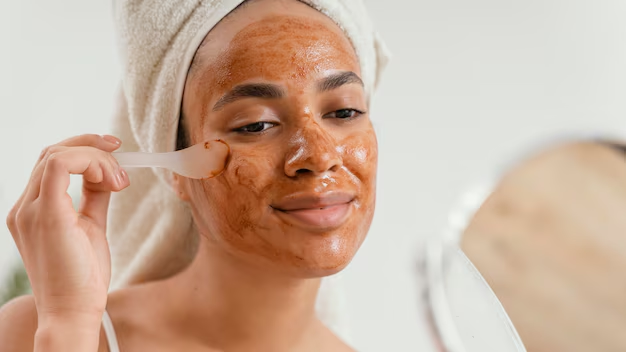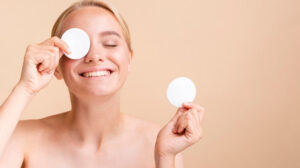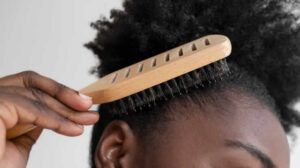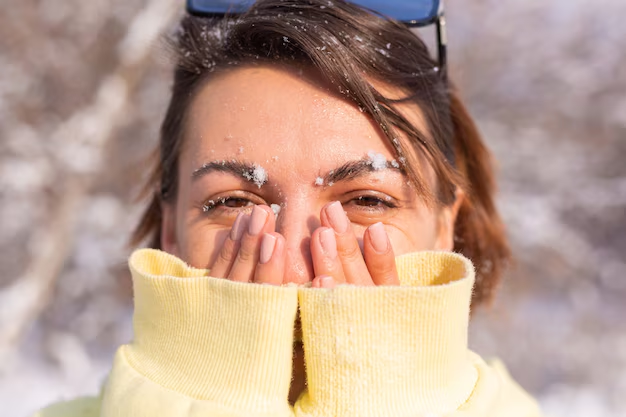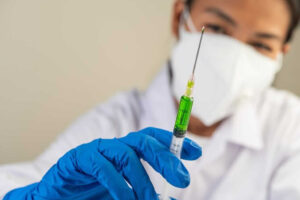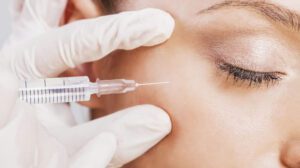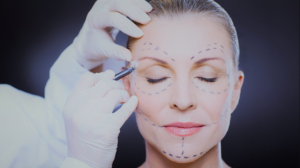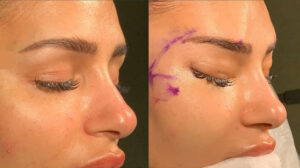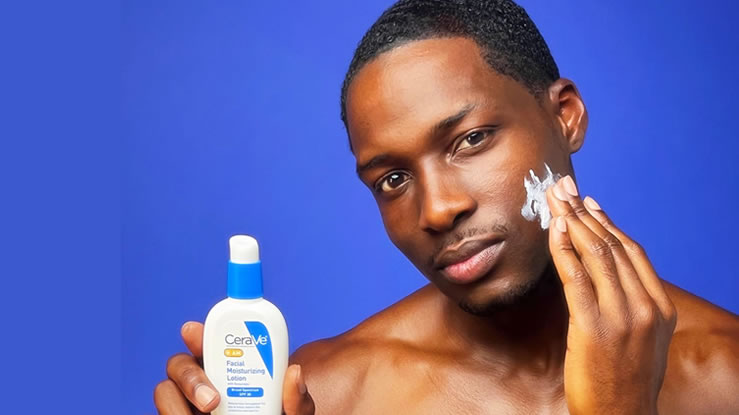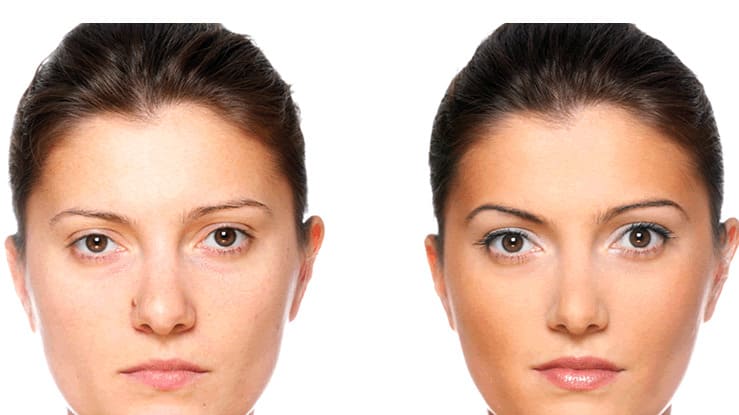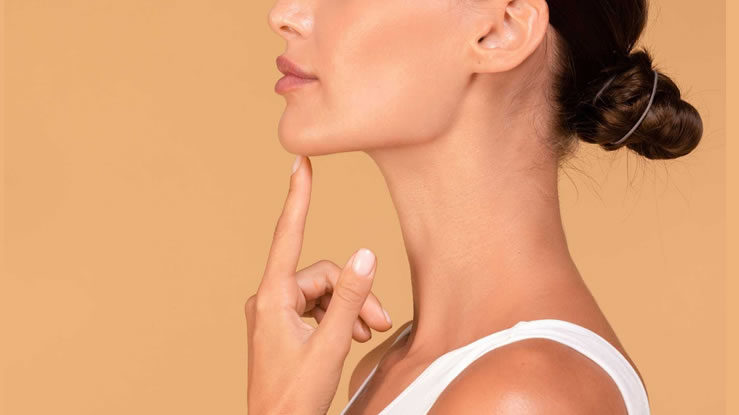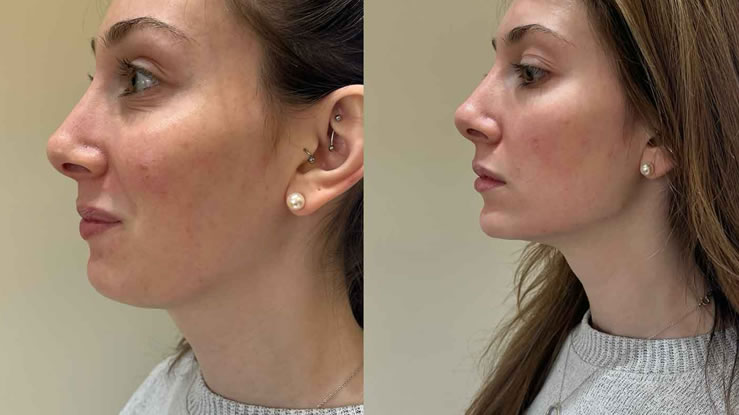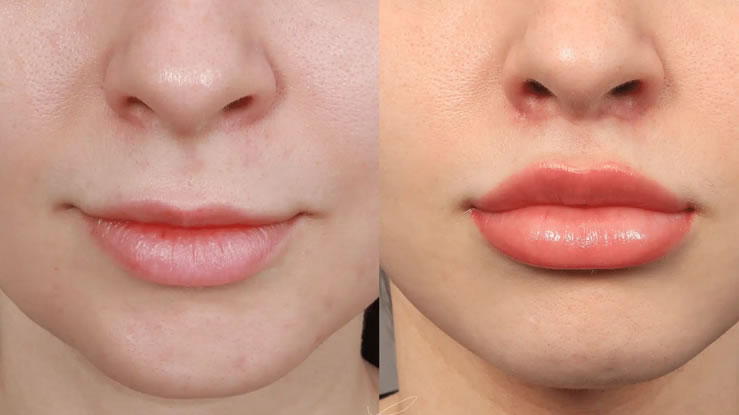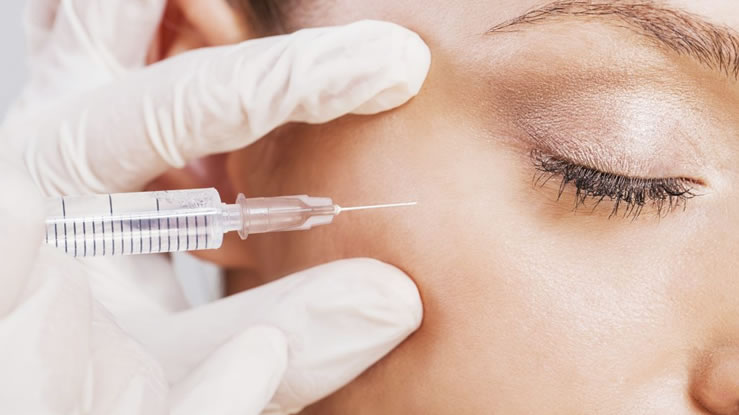Acne and blemishes can affect people of all ages and skin types, leading to frustration and even a lack of confidence. The best treatment for acne and blemishes varies based on skin type, acne severity, and lifestyle, but certain approaches and ingredients have been shown to reduce breakouts and promote clearer skin. Here’s a breakdown of the most effective treatments and tips for managing acne and achieving a healthy, glowing complexion.
1. Salicylic Acid for Clear Pores
Salicylic acid is a beta-hydroxy acid (BHA) that penetrates deep into pores, exfoliating inside to remove oil, dirt, and dead skin cells. It’s particularly effective for people with oily or combination skin and can prevent and reduce the size of existing blemishes.
- How to Use: Incorporate a cleanser or serum with 1-2% salicylic acid into your daily routine. Start slowly, using it a few times a week, and gradually increase as your skin gets used to it.
2. Benzoyl Peroxide to Fight Bacteria
Benzoyl peroxide is a powerful anti-bacterial ingredient that kills acne-causing bacteria and reduces inflammation. It’s available in different strengths, making it suitable for various skin types and acne severities.
- How to Use: Apply a thin layer of a benzoyl peroxide gel (typically 2.5-5% for mild acne) on affected areas once or twice daily. Start with lower concentrations to avoid irritation, as benzoyl peroxide can cause dryness or redness.
3. Retinoids for Skin Renewal
Retinoids, derived from vitamin A, are effective in treating acne by promoting faster skin cell turnover and preventing clogged pores. They are available in both over-the-counter and prescription-strength formulas.
- How to Use: Apply a pea-sized amount of retinol or prescription retinoid to clean, dry skin at night. Gradually increase use as tolerated, and always follow up with sunscreen during the day, as retinoids can make skin more sensitive to UV rays.
4. Tea Tree Oil for a Natural Approach
Tea tree oil is a natural alternative to chemical acne treatments with antibacterial and anti-inflammatory properties. It’s often less harsh than other acne treatments, making it ideal for sensitive skin.
- How to Use: Mix a few drops of tea tree oil with a carrier oil, such as jojoba oil, and apply it directly to blemishes. You can also find skincare products formulated with tea tree oil for a gentler effect.
5. Azelaic Acid for Blemish Control
Azelaic acid is an effective ingredient for treating acne and post-acne marks. It works by reducing inflammation, killing bacteria, and gently exfoliating, which helps prevent clogged pores.
- How to Use: Apply a 10% azelaic acid cream or gel to the skin daily, focusing on areas prone to acne and blemishes. It’s suitable for all skin types, including sensitive skin.
6. Niacinamide to Reduce Redness and Oil
Niacinamide, also known as vitamin B3, is a versatile ingredient that can help reduce redness, control oil production, and improve skin barrier function. It’s especially helpful for those dealing with both acne and sensitive skin.
- How to Use: Look for a serum or moisturizer containing 5% niacinamide and apply it daily to calm inflammation and reduce oiliness.
7. Chemical Peels for Deep Exfoliation
Chemical peels use alpha-hydroxy acids (AHAs) like glycolic or lactic acid to exfoliate the top layer of skin, improving skin texture, fading blemishes, and helping reduce acne scars over time.
- How to Use: Over-the-counter peels (usually with up to 10% AHA) can be applied once a week. For deeper exfoliation, consider professional treatments from a dermatologist or licensed aesthetician.
8. Lifestyle Tips for Clearer Skin
Beyond topical treatments, maintaining a healthy lifestyle can support clear skin and reduce breakouts:
- Diet: Limit sugary and processed foods, as they can lead to inflammation. Opt for whole foods rich in antioxidants, like fruits, vegetables, and lean proteins.
- Hydration: Drinking plenty of water helps flush out toxins and maintain skin hydration.
- Stress Management: High stress can increase hormone levels, leading to more breakouts. Practice relaxation techniques like yoga or meditation.
- Sleep: Aim for 7-8 hours of sleep each night to allow your skin to repair and rejuvenate.
9. Consulting a Dermatologist
If over-the-counter products aren’t providing relief, consulting a dermatologist can help identify more effective solutions. Dermatologists can offer prescription treatments, like oral antibiotics, birth control pills (for hormonal acne), or stronger topical retinoids.
- Professional Treatments: In-office treatments like laser therapy, light therapy, or chemical peels can provide powerful acne and blemish control for more severe cases.
The best treatment for acne and blemishes depends on your skin’s needs and how it responds to certain ingredients. Salicylic acid, benzoyl peroxide, retinoids, and natural options like tea tree oil are all effective methods for managing breakouts. By combining a tailored skincare routine with healthy lifestyle habits, you can achieve clearer skin and regain confidence. If acne persists, consider visiting a dermatologist to explore more intensive treatments tailored to your skin’s unique needs.

